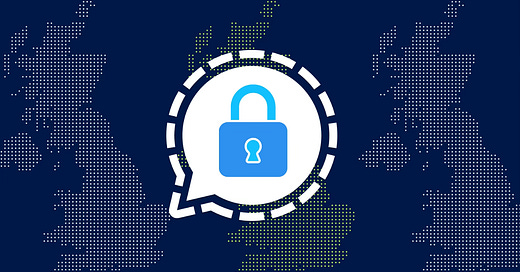How does the US chat leak affect Signal and encrypted apps?
When news outlets report a “leak on Signal,” it’s easy to assume the app itself failed, even if the real story is about human clumsiness
By Sanjay Dubey
Recently, a jaw-dropping mistake shook the United States government to its core. Top officials, including the Vice President and Defense Secretary, were discussing a top-secret plan to attack the Houthis in Yemen via a Signal group chat when they accidentally added Jeffrey Goldberg, editor-in-chief of The Atlantic. The blunder quickly made headlines, sparking a firestorm of questions about national security, human error, and, perhaps most intriguingly, the reputation of Signal—the app long touted as the gold standard for secure messaging. How does this leak affect Signal’s claim to be the most secure chatting app? And what does it mean for our broader trust in encrypted apps? Let’s dive in.
Signal has built its name on a promise of ironclad privacy. Its key feature, end-to-end encryption (E2EE), ensures that only the sender and the intended recipient can read a message. No one else—not hackers, not governments, not even Signal itself—can peek inside. The app also offers extras like disappearing messages, which delete themselves after a set time, and screen security to block screenshots. These features have made Signal a favourite among privacy buffs, journalists, and even government officials who need to keep their conversations under wraps. This doesn’t fully justify why America’s top officials chose not to use their own secure systems for a top-secret military operation, but it explains why they might have picked Signal among a host of such apps. What happened next showed the world that even the best tools can falter.
But it wasn’t Signal’s fault. The app’s encryption wasn’t broken; no one hacked the system. Instead, the breach happened because someone—likely bleary-eyed or rushed—tapped the wrong name when setting up the chat group. Signal’s technology did exactly what it was supposed to do: it kept the messages locked tight from outsiders. The problem was that an outsider wasn’t kept out—he was invited in by the insiders. This distinction matters, but it’s a fine line that the public might not always see. When news outlets report a “leak on Signal,” it’s easy for people to assume the app itself failed, even if the real story is about human clumsiness.




